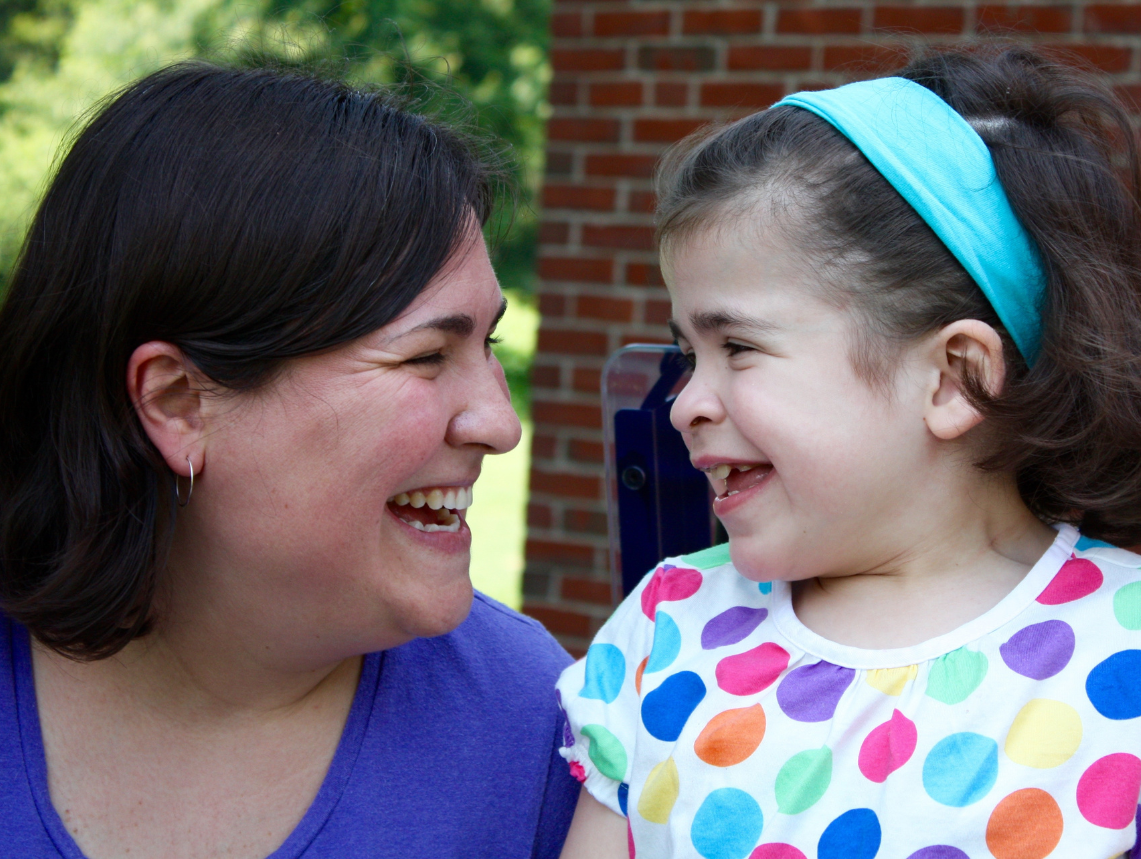Spirituality and Religion
The prospect of a child’s suffering challenges our sense of what is fair. You may feel as if your life and the world as you knew it no longer make sense. Some caregivers—and some children—will find themselves struggling with questions of “why?” and these questions will challenge their beliefs. Others will feel strengthened, perhaps experiencing a new clearer sense of direction from a higher power. Spirituality is our need to feel purposeful, to create meaning, to find hope and express love, and to feel connection.

Your Team:
A member of the clergy who is responsible for the religious needs of an organization and/or its constituents.
A specialist whose aim is to improve the quality of life of their patients over the course of their illness regardless of stage, by relieving pain and other symptoms of that illness.
An individual who leads and/or guides individuals or groups coping with life experience and challenges.
A trained person who uses music to address the physical, emotional, cognitive, and social needs of people.
A trained person who uses art to address the physical, emotional, cognitive, and social needs of people.
A spiritual leader (priest, minister, rabbi, imam, etc.) can provide support in the context of a specific religious practice. A hospital chaplain can help you understand and bring your spiritual perspective to your child’s care team. A music or art therapist can provide opportunities for expression and creating meaning. A child-life specialist can provide support to your entire family, including the siblings. Palliative care clinicians can facilitate conversations about your values and beliefs developing your goals of care.
It can be helpful to consider how your spiritual and/or religious beliefs and practices influence and inform how you advocate for things and make decisions. Sharing your beliefs and aspects of yourself and your child with your child’s team can help ensure that your child and family receive care that is consistent with your beliefs. Some parents may feel reluctant to talk about spirituality or are unsure of how or when to raise these topics. Palliative care and hospital chaplains can provide a safe place for considering and sharing with your child’s team what is important to you. This will allow others to be engaged and, as much as possible, to integrate spiritual sensitivity into aspects of your child’s care.
– Nate, parent of Joey
Spiritual Practice
Spirituality in Children
You may wish to consider how to include your child or children in your faith or spiritual practices if this has not already been a part of your family life. Depending on your child’s needs, you may want to modify rituals or create new ones that focus on making memories. This may take a bit of creativity, but finding meaningful ways to engage your child spiritually can be beneficial.
The CPN guide “Spirituality and Caregiving in Pediatric Illness” explores these topics in greater depth.





